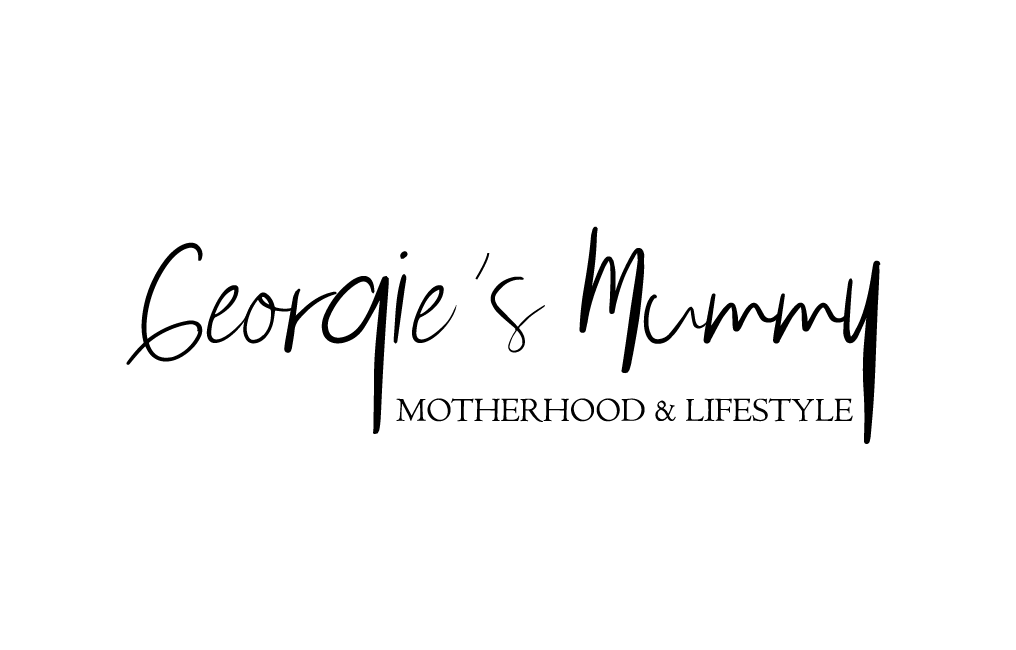The golden years of your parents can be both rewarding and challenging. As they age, your role may shift from being cared for to becoming a caregiver. This transition can be emotional and filled with uncertainty. However, with the right mindset and preparation, you can make these years meaningful and manage the difficulties that arise along the way. Here’s how you can navigate this stage with love, care, and strength.
Open Communication
One of the most important steps is fostering open and honest communication with your parents. Talk to them about their wishes, their concerns, and how they envision their later years. It’s crucial to understand their medical needs, financial situation, and living preferences. Whether they want to stay in their own home or move closer to family, knowing their desires helps you plan accordingly.
Balancing Independence and Assistance
As your parents age, they may need more help with daily tasks. However, it’s vital to balance their need for independence with the level of assistance they require. Simple changes like installing handrails, ensuring the house is safe, and helping with household chores can allow them to remain self-sufficient for longer. Be mindful not to take over tasks they can still handle themselves, as maintaining a sense of autonomy is key to their mental well-being.
For some, opting for home care services can be a way to ensure that your parents receive professional help with personal care, while still living in the comfort of their own home. This type of support can also take some of the pressure off family members, giving you peace of mind that their needs are being met.
Take Care of Yourself
Caring for ageing parents can be emotionally and physically draining. It’s important to prioritise your own well-being during this time. Being a caregiver doesn’t mean you have to do it all alone. Don’t hesitate to ask for help from siblings, extended family, or even community resources.
Make time for self-care by engaging in activities that bring you joy and relaxation. Remember, the healthier you are, the better you can care for your parents.
Coping After They’re Gone
The most difficult part of the journey is when your parents pass away. The void left behind can feel overwhelming, but it’s important to be strong and allow yourself to grieve. It’s okay to feel the loss deeply, and everyone processes grief differently. Surround yourself with supportive friends and family, and consider joining a grief support group if you feel isolated in your sorrow.
Hold on to the cherished memories you created with them. Focus on the legacy they’ve left behind, whether it’s through life lessons, traditions, or the love they gave. Over time, the pain of loss will ease, though it may never fully go away. Keep in mind that healing is not about forgetting but about learning to live with the absence.
In Closing
Navigating the golden years of your parents can be a profound experience that strengthens your bond with them. By communicating openly, respecting their independence, and ensuring their needs are met, you can make this stage of life meaningful. And when the time comes to say goodbye, know that you can find strength in their memory and in the love that remains long after they are gone.
—————————–
This is a contributed post.




